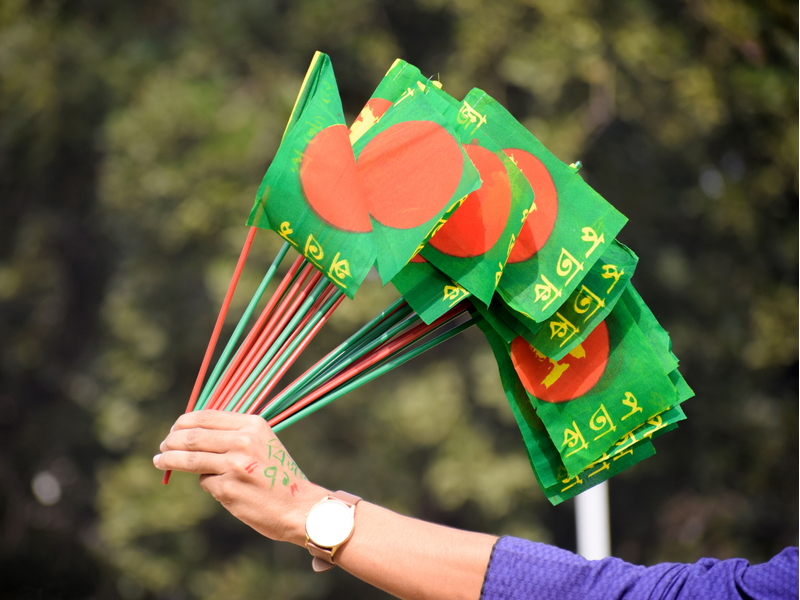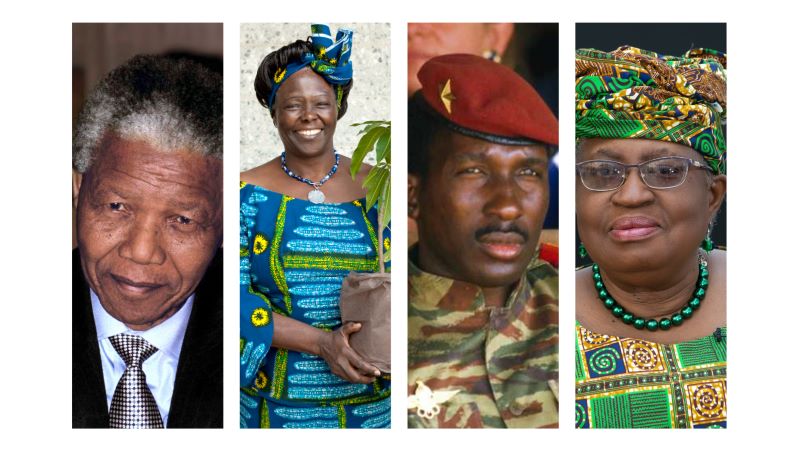My family always dreamed of flying to the United States of America. It represented a beacon of hope, freedom, and a new start. In 2003, the year I was born, the dream started to become a reality when my maternal uncle, a US citizen, applied for an immigrant VISA. After thirteen years of processing, we finally got the VISA to come to the USA.
I knew being able to leave Bangladesh was a huge opportunity knocking at my door. Nonetheless, it felt like my soul was firmly attached to the soil of my motherland. I did not want to leave my country, but I knew I needed to go. I wept and wept, and at the airport, all of my relatives cried with me.
When the airplane took off from Bangladesh to the United States, the sweet memories of my former home flashed before me like a desolate farewell wave. I could not think of anything but my home, my sweet home, and the souls deeply attached to mine, now separated by thousands of miles. That day I wrote in my journal, “I feel numb. I don’t know how I could cope with the new culture, new people, new everything…” Or at least I think that’s what I wrote. The tear stains on the paper make it hard to read.
When we landed in the USA, I felt like I couldn’t breathe. The air around me was not the same as in Bangladesh. I could hear my dad having a conversation with my mom, “She has to take a test to attend school here”. But I did not want to go to school here. I did not know anyone at my school. The entire environment was different. The people I was going to encounter were so different from me!
Despite my reluctance, I knew I had to go to school. Before class, I saw some students in the hall. The way they stared at me was scary. It was as if I were a felon who had escaped from prison. I said “Hey!” and introduced myself. I sighed, thinking I did okay. Then, someone giggled and pointed at my clothes, which was greeted with a supportive chuckle from her friends. Then, another boy mimicked my accent with exaggerated hand gestures, receiving even greater support. Before long, the whole class was engulfed by laughter. Someone shouted, “Look at her! What is that thing on her head?” They were talking about my hijab. Someone even tried to pull it off. I could feel tears forming in my eyes, but I bit my lip and said nothing.
Leaving mathribumi, my motherland, was difficult. Even more painful, was acclimating to the new environment, new people, and the new culture. But those difficulties in my life taught me something new altogether. When I got back home and shared my bitter experiences with my mother, she smiled and took me to her shoulders and said, “Dear, accept the beauty in differences. The land we live in now is a land of multicultural and multilingual entities. People from diverse cultural backgrounds have made this country truly great and beautiful. We are beautiful not only in our similarities but also in our differences. Don’t be cowed down by the negativity of others. Just remember, what makes us different, makes us beautiful”.
Now I know I am what I am. It did not matter that this was a new country. It did not matter that I did not know the customs or language. It did not matter that people thought less of me because of my traditional clothing. In fact, I have become a stronger person because of it.
It does not matter what hardships I face; I know I am capable and worthy.





